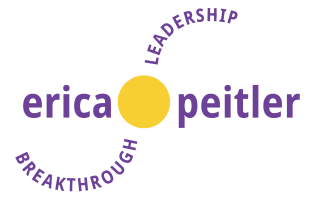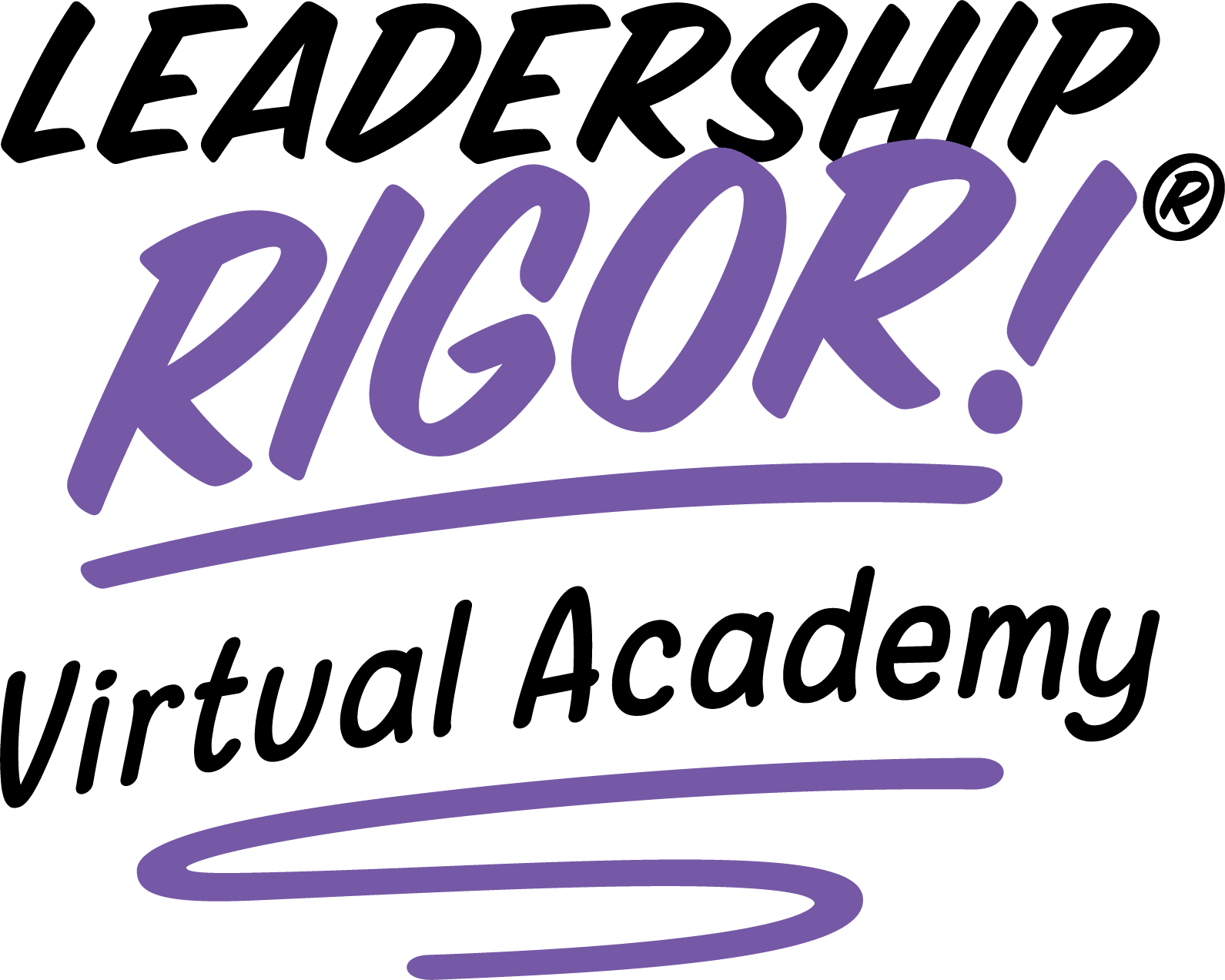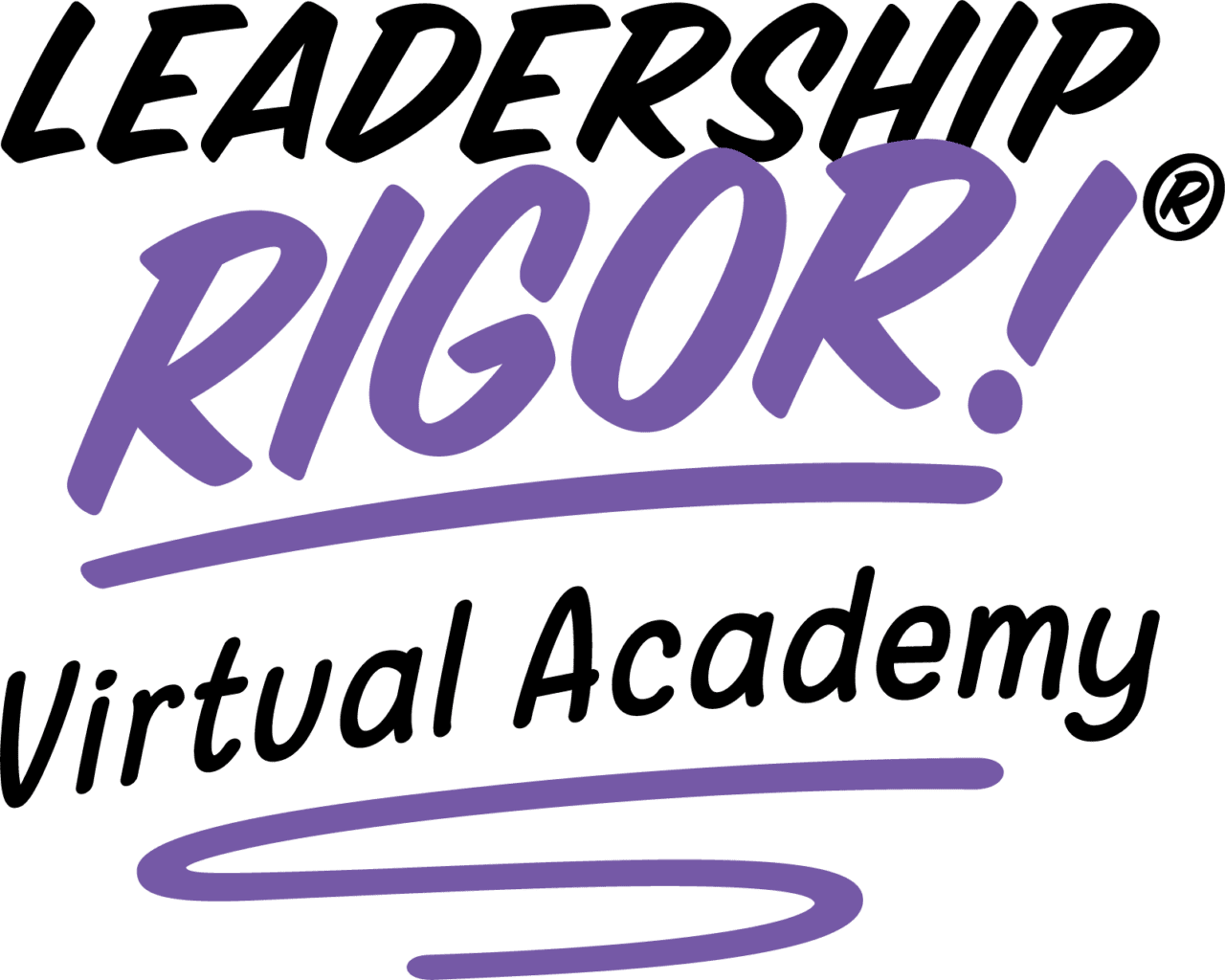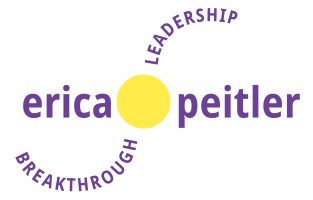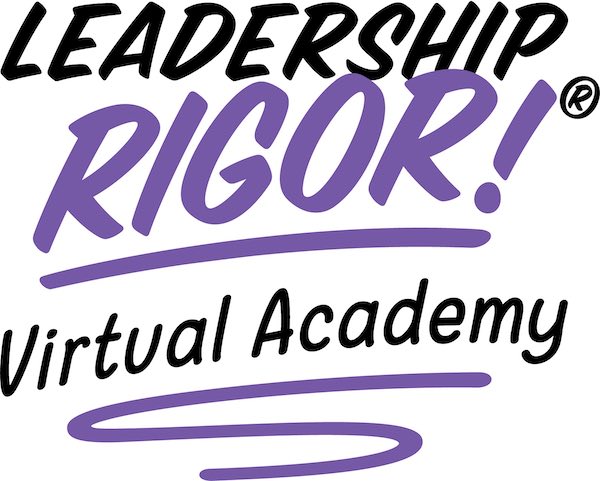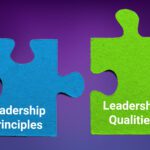

Leadership Qualities and Leadership Principles—How Do They Fit Together?
November 20, 2023

Emotional Intelligence in Leadership
December 4, 2023
The Leadership Mindset that Secures Your Organization’s Future
Leaders must be inspiring coaches capable of skill-building their Organization’s Talent Bench. This is critical to the future growth of any business, most especially for private or family companies. And yet, most leaders lack the coaching and time management skills to invest in their #1 role appropriately—developing other leaders. Unfortunately, most are focused on “doing tasks” to cross off their personal list instead of playing their role at the right “altitude” where they work on the business, managing and leading others.
This is a common challenge resulting in a weak leadership succession plan for your talent that can affect businesses for years or, in the case of family businesses, generations!
Leaders today need to have a mindset of being in service to others so they can build the skills of their next-generation talent and prepare them for future leadership roles. Over the last 15 years, we have partnered with CEOs and executive leadership teams to transform their organizational cultures into collaborative communities and build their talent benches into Change-Ready Leaders who are “Consciously Competent.” Now, this may sound obvious, simple, or even “offensive,” so let’s look closer together.
A Consciously Competent leader knows and consistently communicates (3) essential things:
WHAT— they are doing.
HOW—- they do it.
WHY—– it is important.
Being Consciously Competent as a leader enables you to accelerate the growth of your organization by investing in your most valuable enterprise asset—Your TALENT! Helping your next generation understand the context of WHY and the What/How is fundamental to their training and development so they can be READY to lead in the future and coach others to grow.
Again, it sounds simple and evident that leaders must be Consciously Competent. Yet, if you are not fully consciously competent, you are in one of (3) alternative mindsets, and each represents significant risks with consequences for your organization and its future growth.
Being Unconsciously Incompetent
When leaders are unconscious and incompetent, they are like the cartoon character Mr. Magoo—wandering through their day, causing disruption that results in lost time and energy, all while being completely unaware of their negative impact on their team’s environment. These leaders are “oblivious” to the world around them and suffer from blind spots.
These leaders need feedback to help them understand their negative impact on others and how their behaviors are impeding work getting done by others. Imagine an unconsciously incompetent leader being given direct reports to manage and develop. It happens every day in organizations! And if you have been unlucky enough to work for or with an unconsciously incompetent leader, you know how frustrating it can be. If you are a confident, high-potential talent, you have likely left that organization for better development opportunities vs. stagnating under this supervisor. A smart move!
Being Consciously Incompetent
Leaders with technical or behavioral shortcomings who have been given feedback are Consciously Incompetent in certain areas. These growth areas are a priority for them to develop further so they, in turn, can ensure they can perform fully in their roles and develop and grow others. The question is whether they accept this feedback and make the required changes to grow in their careers.
Most leaders have gaps they need to fill, and this is expected. The key challenge in most organizations is not promoting people with significant leadership gaps into supervisory roles where they will inhibit the accelerated growth of others. These leaders need training and development to appropriately develop others before ascending into these roles.
Yet we all know these promotions happen way too often because many “old school” senior executives prioritize technical expertise over people development capabilities, which they consider a distant secondary requirement. This ends up causing them more significant harm in the mid-to-longer term when they realize they don’t have the next-generation bench strength they need to continue to grow their company to the next level. Their current leaders can also not attract and retain strong talent due to a lack of people development or softer skills.
Being Unconsciously Competent
Many leaders are “competent” in knowing the what, how and why of getting things done, yet they unfortunately are not good communicators. They falsely believe that a newcomer can watch them in action and pick up the skills they are demonstrating by osmosis, or what they might refer to as “leading by example,” which is unfortunate. In many organizations, young talent is mistakenly thought incapable when working for these unconsciously competent supervisors. In reality, we have someone who is not a good coach or developer of people. If you ask an unconsciously competent leader to explain what, how or why they do things, they are often entirely caught off guard and have no idea how to explain it, conceding that it just comes naturally to them.
While seemingly less offensive because these leaders are “competent” on some level, their lack of ability (and desire) to share it makes them ill-equipped to lead or develop others. A talent bench will undoubtedly stagnate under these leaders for prolonged periods, which is an executive leadership challenge.
Your Next Steps to Becoming a Consciously Competent Leader and Organization
The first step is to be aware of the expectations for your role as a Leader. You must be willing, able, and ready to develop the skills of your talent bench. You must break down and communicate the learning steps required to coach and train others. This will take time and energy, so if this excites you, please choose not to be a leader of people but a thought leader or technical expert instead!
While this may sound harsh, the reality is that leaders must be skilled coaches who are focused on securing the future of their organizations through actively building and developing the skills of their next-generation talent bench.
If you believe and embrace the importance of this first step, the second step is to select a change partner who can assist you in providing the structure for securing this outcome for your business. This is a process that requires skills and capabilities as well.
We specialize in designing and delivering Customized Leadership Learning Journeys for our client partners. Our newly launched Leadership Rigor Academy is a comprehensive program that integrates personal deep-dive learning and social community learning to ensure our content is connected to your context. The result is meaningful conversations, insights, and changes that your current and next generation leaders identify and execute together!
Our program design and content advance you through learning to lead yourself, lead teams, and lead at the organizational level in a fun and engaging way!
Give your organization the gift of leadership development. We believe we have “cracked the code” on a program design that can accelerate your talent development and provide your organization with competitive leadership advantages to secure your future growth. Start your journey today! Learn more at The Leadership Rigor Virtual Academy or Email: erica@ericapeitler.com
